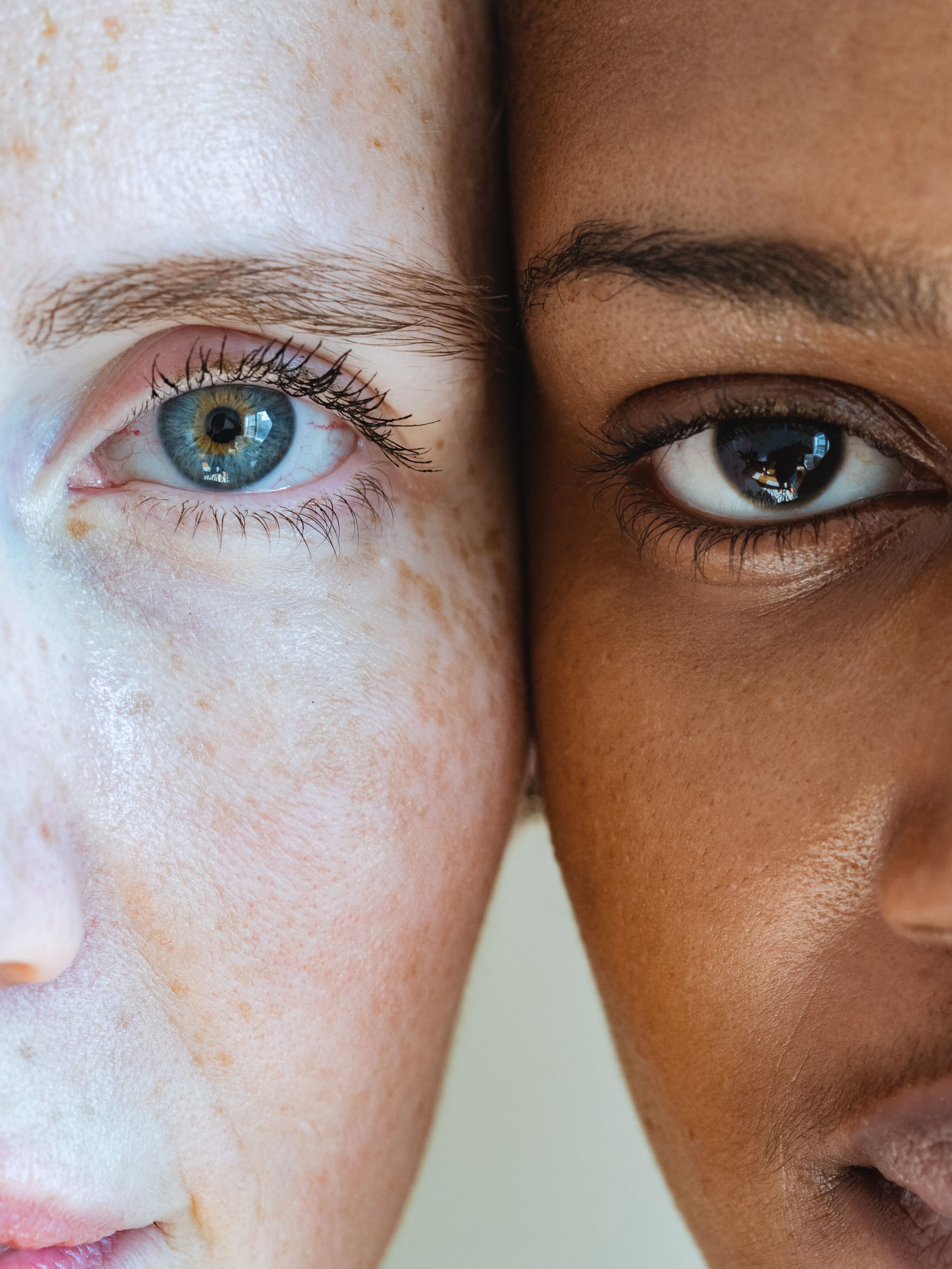When your eyes become red, swollen, and sensitive, you might attribute it to various factors, such as environmental conditions, excessive screen time, lack of sleep, or even genetic predisposition. But did you know that the cleanser you use to wash your face could also be one of the causes of eye irritation? This is because when you wash your face, even if you are very careful not to let the cleanser come near your eyes and keep your eyes closed, when you splash your skin to rinse off your cleanser in the sink, you're splashing your entire face, including your eye area.

This situation might be perplexing, but it does have a scientific basis. Many people often focus only on how a facial cleanser affects their skin when choosing one, overlooking its impact on the eyes. However, the skin around the eyes is extremely delicate and sensitive, easily susceptible to external irritants. That's why using a facial cleanser that isn't suitable for the eye area can be one of the reasons for eye discomfort.
So, how can you ensure that your facial cleanser doesn't unnecessarily irritate your eyes? Firstly, you should choose a gentle cleanser that doesn't contain harsh ingredients. Some facial cleansers may include chemical components like fragrances or synthetic dyes, which can cause discomfort for those with sensitive eyes. Therefore, make sure your facial cleanser is gentle and suitable for all skin types, including sensitive skin.
Secondly, be cautious when using the facial cleanser to avoid letting it come into contact with your eyes. Even if you don't directly apply the cleanser to your eyes, be mindful not to let water or cleanser spill onto the eye area when rinsing. This may require some skill, but it can reduce the risk of eye discomfort.
Furthermore, some people might think that simply rinsing their face with water is sufficient, but this may not be enough in reality. The purpose of a facial cleanser is to thoroughly remove dirt and oil while maintaining the skin's moisture balance. If you only use water to rinse, you may not achieve a thorough cleansing effect, potentially leading to skin issues, including around the eyes.
Lastly, if you're concerned about eye irritation or have already experienced discomfort, consider using specially designed eye cleansing products. These products are typically gentler and specifically formulated for the eye area, effectively cleansing the skin without causing irritation.
In conclusion, when you experience red, sensitive eyes, don't overlook the possibility that the facial cleanser you're using could be a contributing factor. Choose a gentle facial cleanser suitable for your skin type, use it with care to avoid eye contact, and consider using facial cleansing products designed for the eye area to reduce the risk of eye discomfort while maintaining the cleanliness and health of your skin. If you continue to experience issues, it's advisable to consult a dermatologist for personalized advice.
